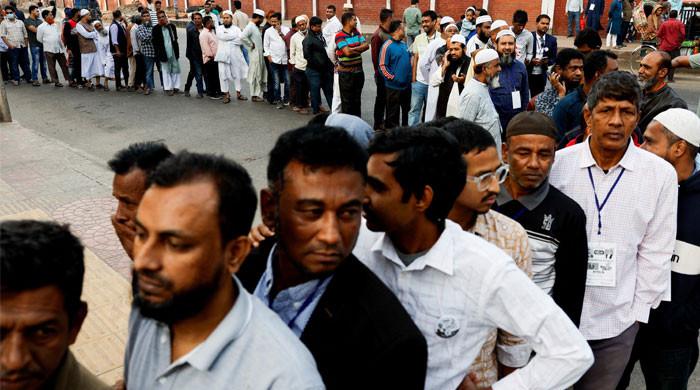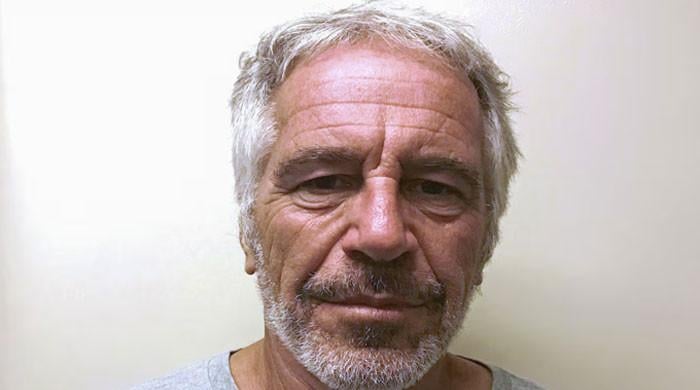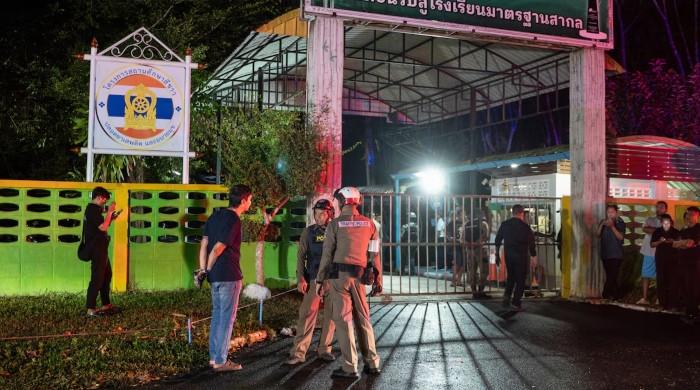Qaeda leader’s edict to Yemen affiliate is said to prompt US alert
WASHINGTON: The Obama administration’s decision last week to close nearly two dozen diplomatic missions and issue a worldwide travel alert came after the United States intercepted electronic...
August 06, 2013
The intercepted conversations last week between Ayman al-Zawahri, who succeeded Osama bin Laden as the head of the global terrorist group, and Nasser al-Wuhayshi, the head of the Yemen-based Al Qaeda in the Arabian Peninsula, revealed what American intelligence officials and lawmakers have described as one of the most serious plots against American and Western interests since the attacks on Sept. 11, 2001.
American officials said that it was highly unusual for senior Qaeda leaders in Pakistan to discuss operational matters with the group’s affiliates. The communication between the two men seems to indicate that Mr. Zawahri — whom administration officials have portrayed as greatly diminished and hindered in running a global terror network while deep in hiding — still has a strong influence over a group in Yemen that has become Al Qaeda’s most powerful offshoot.
In recent weeks, counterterrorism officials said, Mr. Zawahri has elevated Mr. Wuhayshi to what one official described as the new “general manager” of the global terror network, making him the second most important man in the organization.
The identities of the two Qaeda leaders whose discussions were monitored and the imminent nature of the suspected plot — in the intercepts, the terrorists mentioned Sunday as the day that the attacks were to take place — help explain why the United States, as well as other Western governments, took such extraordinary steps in the past few days to close embassies and consulates in the Middle East and North Africa.
“This was significant because it was the big guys talking, and talking about very specific timing for an attack or attacks,” said one American official who had been briefed on the intelligence reports in recent days.
Yemen experts said that Mr. Wuhayshi, who was Bin Laden’s private secretary in Afghanistan, remains particularly loyal to the core group of Qaeda operatives who are believed to mostly be hiding in Pakistan.
“Wuhayshi was groomed by Osama bin Laden to take on a leadership role, and he was able to use his connections to Bin Laden to become head of AQAP,” said Gregory D. Johnsen, a Yemen scholar at Princeton and author of “The Last Refuge,” a book about Al Qaeda in Yemen.
Mr. Wuhayshi fled to Iran from Afghanistan in 2001, but was extradited to Yemen in 2003. In 2006, he was part of a mass breakout from a prison in Sana that led to a resurgence of Al Qaeda’s operations in Yemen. In recent years, the Qaeda group there, Al Qaeda in the Arabian Peninsula, has tried to carry out several high-profile attacks.
One was an attempt to blow up a trans-Atlantic jet over Detroit on Dec. 25, 2009, using explosives sewn into a passenger’s underwear. Last spring, a C.I.A. double agent spirited out of Yemen an even more sophisticated explosive that was meant to blow up an American commercial airliner.
A campaign of American drone strikes and a Yemeni Army offensive have put the Qaeda affiliate under heavy pressure over the past 18 months, with militants pushed out of the territory they had been holding and back into hiding.
But even with these setbacks and the years of drone strikes, the group has continued to publish an English-language online magazine, Inspire. Yemen has been at the center of the recent uptick in threat levels, and Mr. Johnsen said American estimates of the group’s followers had actually increased.
“The question I have is, if the Obama administration is confident that its strategy in Yemen is correct, then why is Al Qaeda growing in Yemen and why is the group still capable of forcing the United States to shut down embassies in more than a dozen countries?” Mr. Johnsen said.











